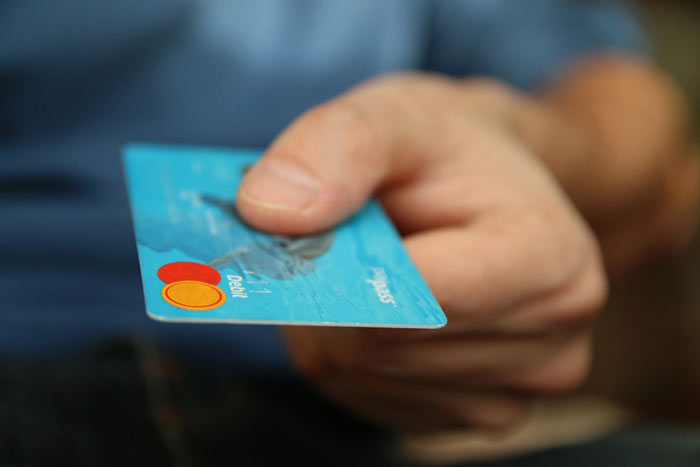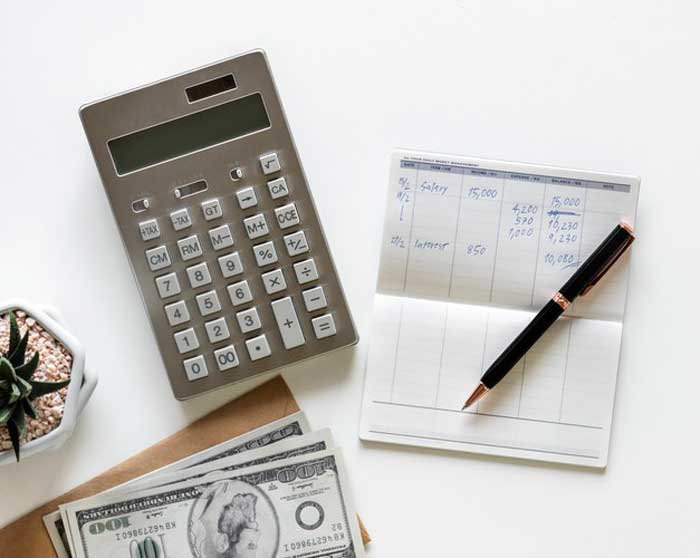Family Finance Management Tips
Many couples forget that competent financial management will allow them not only to cut down their expenses, but also save up for a dream trip, a larger place to live, or even move to where it is always warm and comfortable. Geniusbeauty.com talked to financial managers and learned a few secrets that will help you manage your budget wisely without going crazy over a variety of numbers, payments, bills, and schedules.
Why should you start bookkeeping?
First, you need it at least to understand how much (and what for!) you spend money every month. Secondly, in this way you will be able to control and optimize your expenses, as well as plan your future. Perhaps, after receiving the debit-credit information, you will realize that you urgently need to change your job for a higher-paid one or urge your spouse (and yourself) to find a side job (everything happens, and you should be ready for this too).
Finance control
Even if up to this point, you and your spouse haven’t kept records and spent every last penny for immediate desires, then it’s time to change your tactics. Any person, even a millionaire, who can afford pouring several thousand hundreds down the drain over the evening, needs to know how much money he has at the moment, how much he can spend at a time, and how much can be put off just in case. Therefore, have the courage and agree with your spouse that you will now start a new life, keeping everything under control (first of all, your finances). Get a separate notebook (or use a special smartphone application), where you will accurately record your income and expenses.
Don’t forget about any debt you have. Unfortunately, debt won’t go away just because you want it to and unless you have a plan to pay it off, it will always be a burden in any future financial decisions you make. Most of us have to deal with loans of some sort, be it student loans, a car loan, a mortgage, etc. It’s pretty easy to consolidate most loan debt though. For example, you always have the option to refinance student loans into one consolidated monthly payment. The same can be done with car loans and mortgages. Just make sure you talk to a finance professional ahead of time so you know exactly what to expect.
Down with unnecessary expenses!
As soon as you begin to understand how much money you get, and how much you spend every month, you can figure out whether all the purchased goods were really necessary. In other words, you need to analyze what you would easily do without. Perhaps it will help you save some money for a dream or spend it on something that has needed updating for a long time. You can easily find “holes” in your budget and understand how they can be mended.
Safety bag
The next step that you can do is to start forming the so-called safety bag, if you haven’t planned it yet. If suddenly trouble (or just an emergency situation) comes, you will have the money to last for some time.
Main mistakes that everyone makes at the very beginning
Spending every last penny before the next salary
It is one of the major mistakes most couples make. They are prone to impulse, following their desires, spending a huge amount on dream things, and then stay without a penny, waiting for new incomes. Such financial behavior is extremely dangerous, because, say, if some emergency situation happens (urgent mortgage payment, need for expensive treatment, etc.), then you will simply have no place to get money from, because you have spent everything and have not taken care of the savings.
Keeping track of family budget from time to time
Some young couples first get excited with the idea of controlling everything, but then lose interest in this and again let the financial issue flow. This is a totally wrong position. You do not go to bed until you have taken care of your hygiene, right? Same thing here. Tell yourself that you will not go to sleep until you have recorded all checks/bills and filled in other financial documents. Believe that with time you will learn how to do all this automatically, wondering why you used to live without it.
Not recording income, only expenses.
In fact, according to experts, it is necessary to focus not just on your expenses, but also on income. After all, if, say, at the end of the month you realize that your expenses significantly exceed the amount you earn, this is a reason to start thinking if you earn enough. Besides, you need to understand what expenses you can safely give up to start saving for your dreams.
Accounting? Easy!
In order to keep records of your finances, it is not necessary to have a diploma of an accountant or an economist. It is enough to develop financial literacy, which will help you to plan properly. To begin with, make a table of all monthly family incomes (even one-time income or project work is taken into account). You can select individual columns and enter the amount there: your salary (if any), fees and bonuses, profits, part-time jobs, the sale of some personal belongings, apartment rent, money gifts from relatives, colleagues or friends (for example, for an anniversary), interest received from a deposit and so on.
Mark your permanent, variable and one-time expenses. The permanent ones include those that do not change from month to month (house rent, or a fixed mortgage payment, loan, cable TV, Internet, mobile phone, bus pass, education fees, fitness club, and so on). Variables include payments that may vary, such as public utility payments, public transport (if there is no fixed ticket for a month), gasoline, food, restaurants, and other entertainment. One-time expenses include purchases that you made once a year (for example, buying a refrigerator, a car, a trip to the sea, etc.).
Lastly, do not forget about savings. For example, you can use the “80/20” rule, where 80% of your income goes to monthly expenses, and 20% – to your piggy bank. Another good way to start saving is the “50/30/20” rule, where 50% of income goes to monthly payments, 30% goes to entertainment or debt coverage, and 20% goes to a brighter future. If it is difficult for you to save (or you know for sure that you will forget to do it), you can install the application on your smartphone and set up “auto payment” so that a certain amount will go to your deposit every month.




